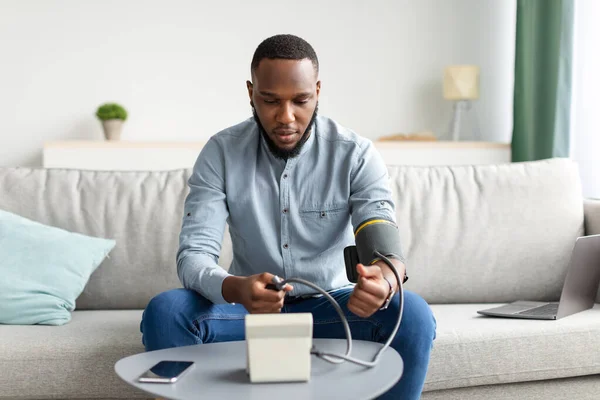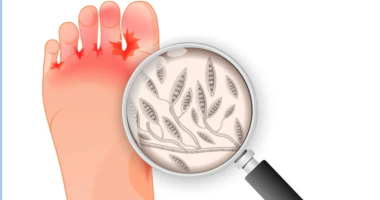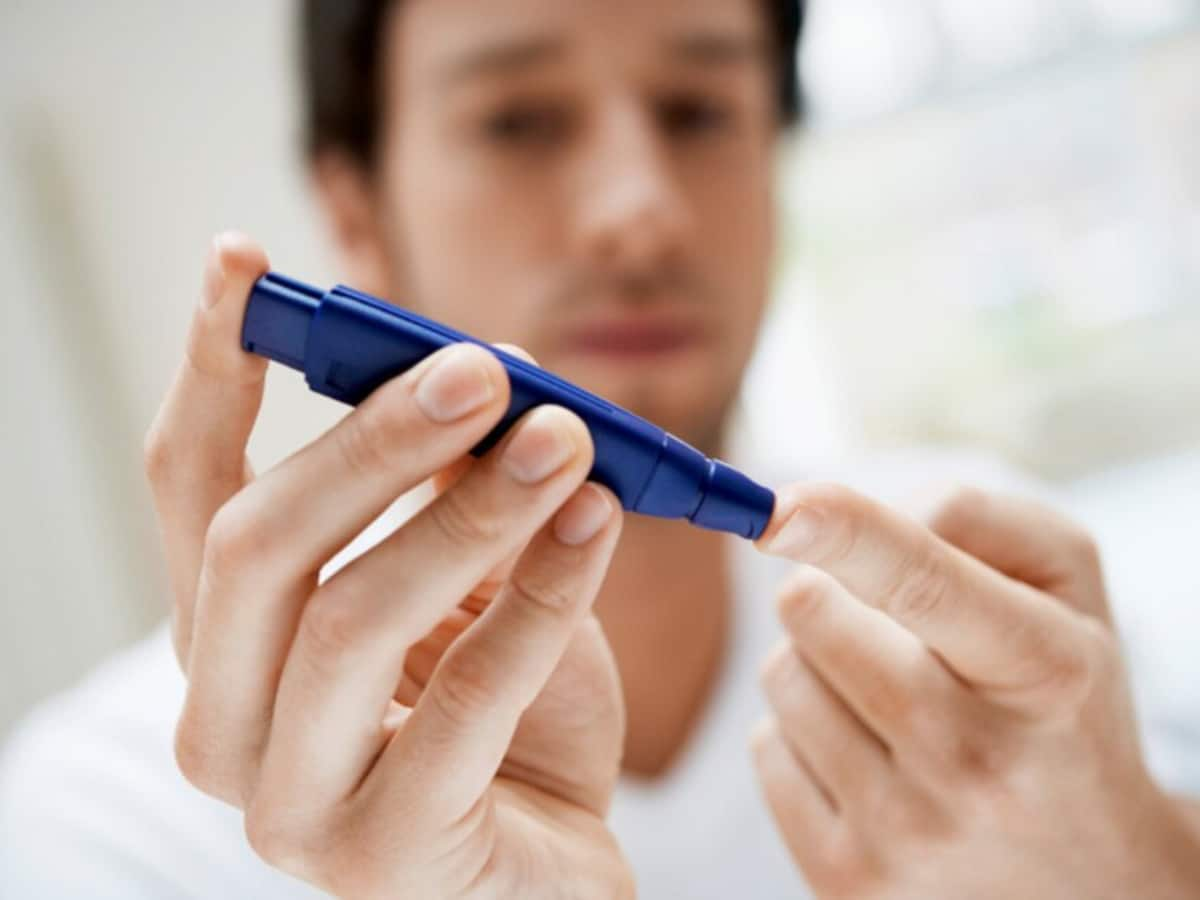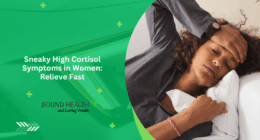High blood pressure, or hypertension, is a common health concern affecting millions worldwide. While medications are often prescribed to manage this condition, many wonder: Are blood pressure meds right for you? It’s important to understand when medication is necessary and when lifestyle changes can effectively manage blood pressure levels. A German study found it reduces the risk of heart disease, heart attacks, and strokes to substantially increase your odds of living to age 90 (or beyond!). For mild hypertension or early stages, adopting simple natural strategies might be enough to keep the numbers in check, but more severe cases usually require medical intervention to prevent serious complications.

Are Blood Pressure Meds Right for You?
Blood pressure medications are prescribed based on your readings and overall health risks. Normal blood pressure typically ranges from 100-120 mmHg systolic and under 80 mmHg diastolic. Mild hypertension falls between 120-129 systolic with less than 80 diastolic. At these early stages, lifestyle adjustments might suffice unless you have other cardiovascular risk factors. More advanced hypertension, defined as a systolic pressure above 130 or diastolic above 80, especially over 140/90, often necessitates medication to reduce risks of heart disease, stroke, and kidney damage. The decision involves considering your age, family history, existing health conditions like diabetes or kidney disease, and weighing potential medication side effects versus benefits. Always consult your healthcare provider for personalized advice.
How to Lower Your Blood Pressure Naturally: 9 Easy Tips
Many evidence-based strategies can contribute to lowering blood pressure naturally. These approaches enhance heart health and arterial function without the side effects associated with medications.
1. Adopt a Heart-Healthy Diet
Consuming more fruits, vegetables, whole grains, and low-fat dairy supports blood pressure control. Foods rich in potassium, magnesium, and calcium—like leafy greens, berries, sweet potatoes, and yogurt—help regulate blood pressure. Reducing sodium intake by avoiding processed foods and seasoning meals with herbs instead of salt is also critical.
2. Engage in Regular Physical Activity
Walking 30 minutes a day significantly lowers blood pressure. Exercise strengthens the heart muscle, increasing efficiency and lowering arterial pressure. Consistent activity, such as swimming or cycling, leads to even greater benefits.
3. Manage Stress Effectively
Chronic stress raises blood pressure by influencing your nervous system. Techniques like deep breathing exercises, meditation, mindfulness, and simply taking a calm walk can activate the parasympathetic system, reducing heart rate and promoting relaxation.
4. Maintain a Healthy Weight
Excess body weight increases strain on the heart and vessels. Losing even a modest amount of weight can substantially lower systolic and diastolic pressures.
5. Limit Alcohol and Quit Smoking
Alcohol in moderation is key, as excessive intake boosts blood pressure. Smoking constricts blood vessels and harms arterial walls, contributing to hypertension.
6. Consume Beneficial Natural Foods and Drinks
Dark chocolate containing 70-85% cacao offers flavonoids that dilate blood vessels and reduce pressure. Beetroot juice is another potent nitric oxide source shown to improve blood flow. Green tea and hibiscus tea also contain antioxidants that support vascular health.
7. Improve Sleep Quality
Poor sleep contributes to increased blood pressure. Aim for at least 7-8 hours of restful sleep per night by establishing a consistent routine and minimizing disturbances.
8. Stay Hydrated and Avoid Excessive Caffeine
Dehydration can raise blood pressure, so drinking adequate water is vital. Excessive caffeine intake may temporarily increase pressure but varies by individual sensitivity.
9. Consider Natural Supplements Cautiously
Supplements such as aged garlic extract and fish oil have shown promise in lowering blood pressure, though always consult your healthcare provider before adding supplements, as they may interact with medications.
Examples and Statistics
Research confirms simple lifestyle changes can produce meaningful results: walking daily can reduce systolic pressure by up to 5-8 mmHg, and reducing sodium intake can lower it by about 4-5 mmHg. One trial found beetroot juice lowered blood pressure within hours. Deep breathing practiced twice daily for a month was shown to decrease systolic and diastolic pressures. These natural approaches offer a complementary path to medical treatments and benefit overall cardiovascular health.
In summary, deciding whether to use blood pressure medications or focus on natural methods depends on individual health status and risk levels. However, the nine science-backed strategies outlined provide accessible, effective ways to lower blood pressure naturally, supporting heart health while potentially reducing dependence on medications.
This knowledge empowers proactive management of blood pressure—making well-informed lifestyle choices backed by science that really work, and ultimately safeguarding long-term cardiovascular wellbeing.
Also Read | Kidney Stone Warning Signs That Demand Immediate Attention










